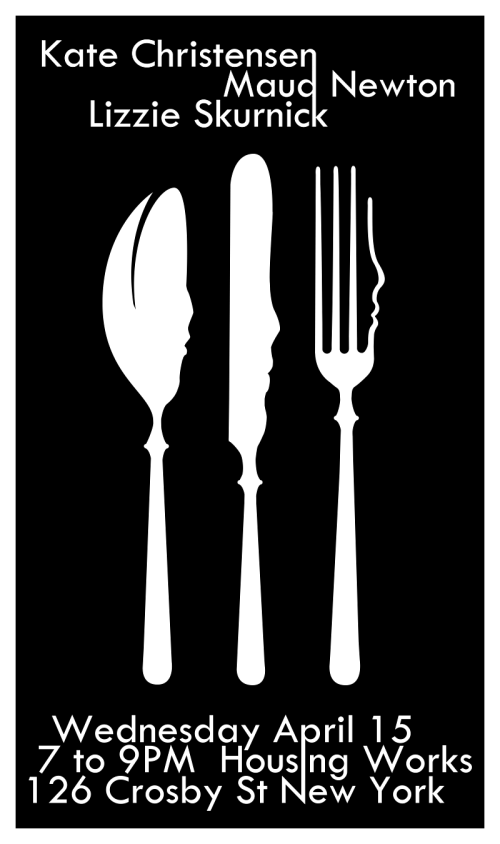It is still raining. And I just realized that thanks to a fifth-grade production of “Rip Van Winkle” my class put on during elementary school I never hear thunder without thinking “God is bowling.” Or excuse me, “playing nine-pins.”
• A couple things to listen to: Mary Gaitskill reads Vladimir Nabokov’s short story, “Symbols and Signs.” You may think, as I did, that listening to this will be a spinach-y experience — it won’t be. Also amazing, albeit in an entirely different way: Christopher Walken reads “The Raven.” (Second link via Maud.)
• Speaking of Nabokov, scholar and author Alfred Appel, Jr.’s obituary in the New York Times ends with this anecdote:
Speaking at a memorial service for Nabokov in Manhattan in 1977, Mr. Appel recalled telling him about an antiwar protest at Northwestern during which a student had called Mr. Appel a eunuch. Nabokov said quickly, “Oh no, Alfred, you misunderstood him. He called you a unique.”
Sam Jones reminded me that Nabokov also praised Appel’s work in his eccentric “Anniversary Notes” — one of those pieces which ideally would be presented in a fan of index cards.
• Ammon Shea picks his 26 favorite words from Reading The OED. Relatedly, I’m now holding auditions for my new glam rock band, Wonderclout.


